Time's always moving, we can't slow the hands
Won't last forever, so take every chance
To learn and to love and to dream and to dance
Live the moment and love the memory
How can you contribute your gifts and talents to society to impact others?
- See my Career Exploration 101 piece to help with your self-reflection
How can you collaborate with others as part of a larger narrative and goal?
- Learn more about volunteering and the impact of cultivating serendipity through your relationships
1) In 2021 I launched a newsletter (now with 181 subscribers) to share resources and readings with interested individuals, where I also highlight my new blog posts as well as a few select posts from my blog archive
2) As I create more content there is more for a visitor to my website to engage with
3) I have added content beyond the blog over the years including job search resources, funding resources, and a growing list of career and professional development research studies
4) I often point to past content in new posts so individuals can "rediscover" older posts/content and this may, in turn lead to the growth in overall views of my content
5) As I grow my network and professional brand outside my website, when I point to blog pieces or resources on LinkedIn or X/Twitter more individuals see my posts on these platforms
- Disney & Technology: A History of Standard-Setting Innovation
- The Imagineering Story documentary series on Disney+
- Pixar Animation Studios - Our Story Timeline
- The 22 Rules of Storytelling, According to Pixar
- Pixar follows 5 storytelling rules to make every movie feel so perfect (video)
- Pixar in a Box - The Art of Storytelling (Online Learning from Khan Academy)

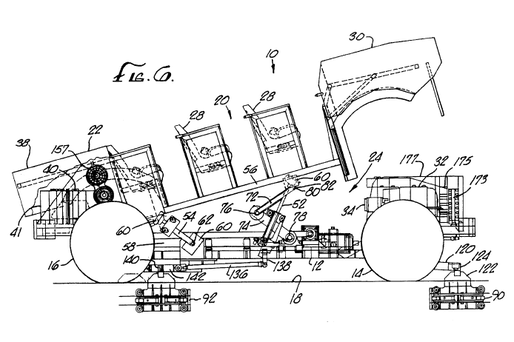



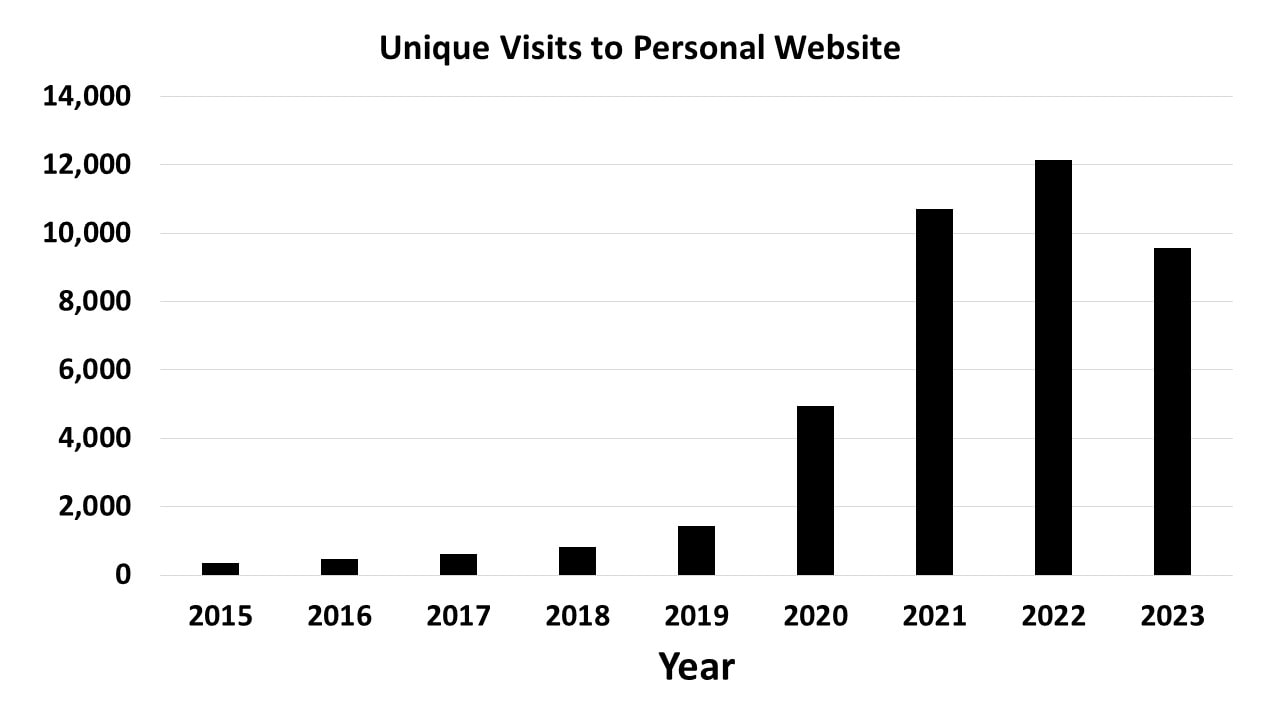
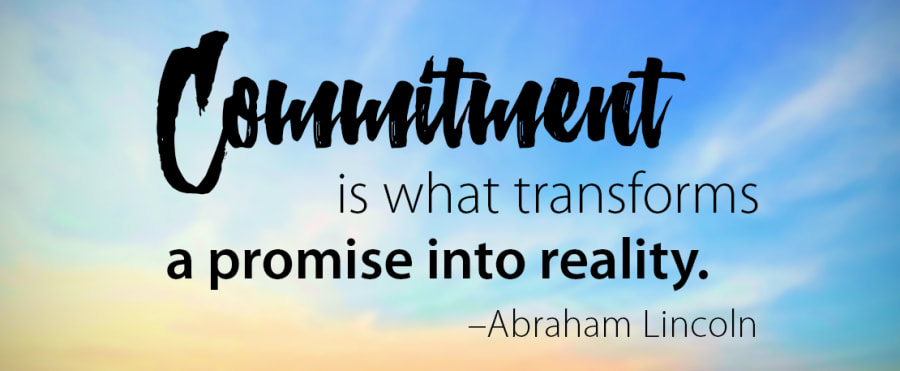
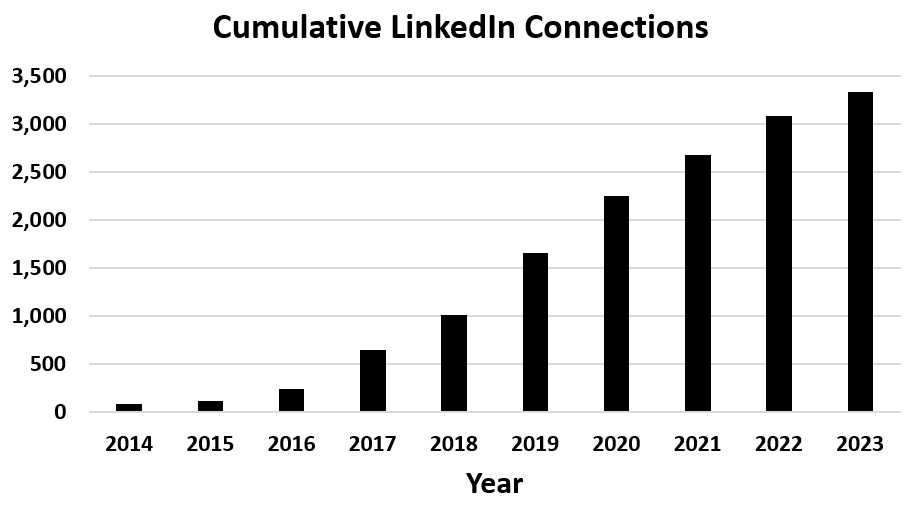
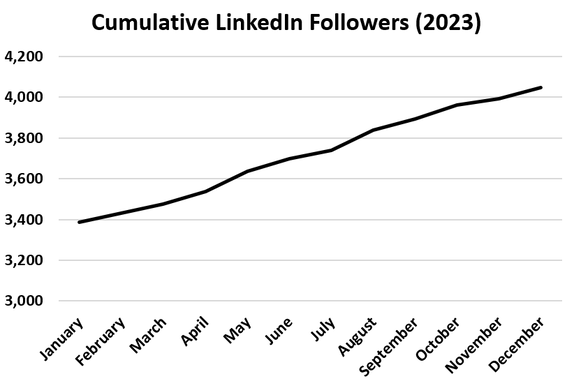
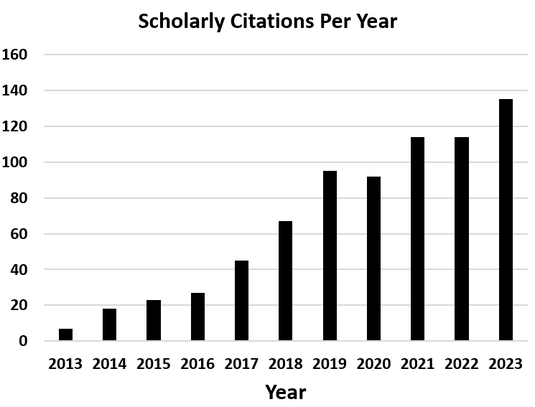





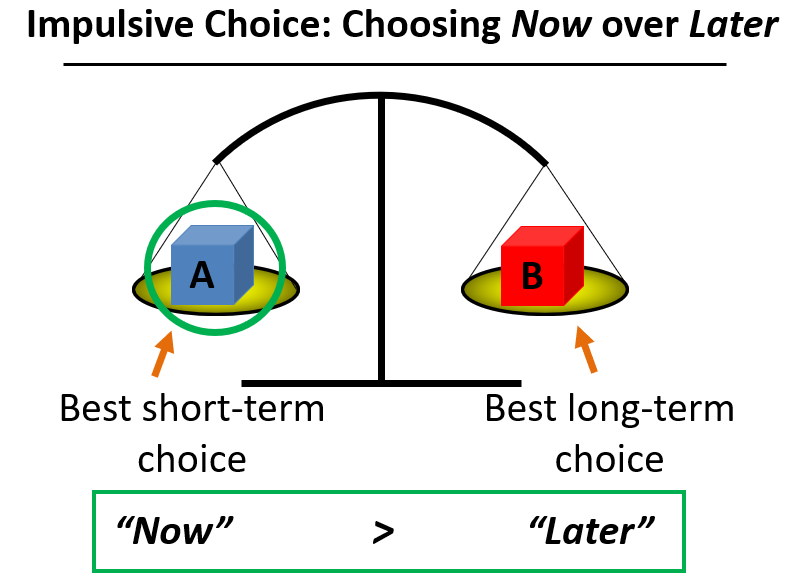
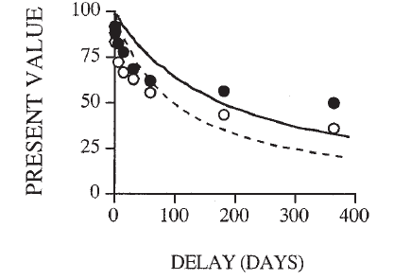
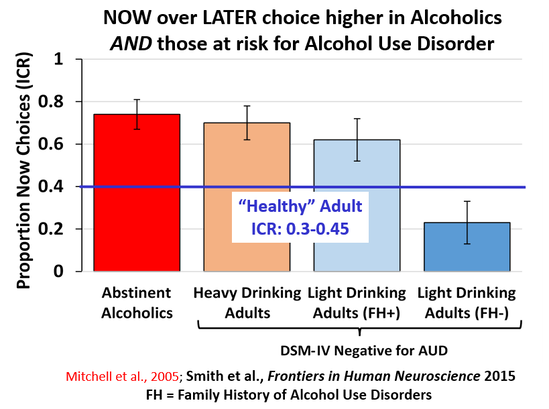
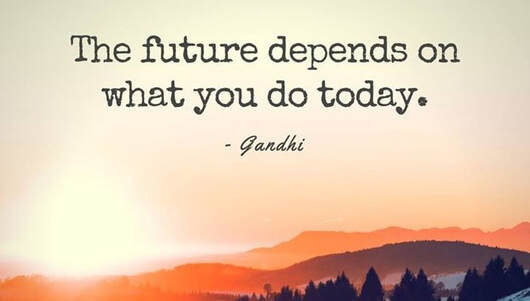

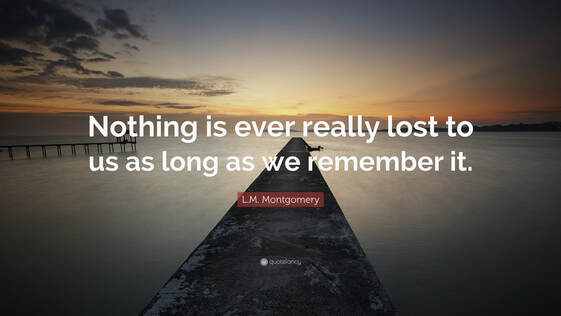
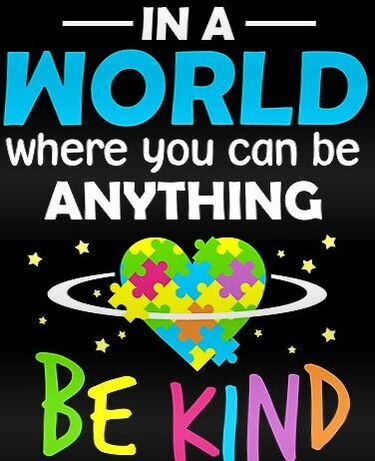

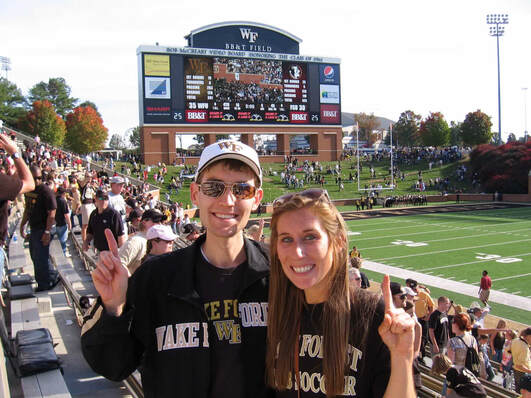
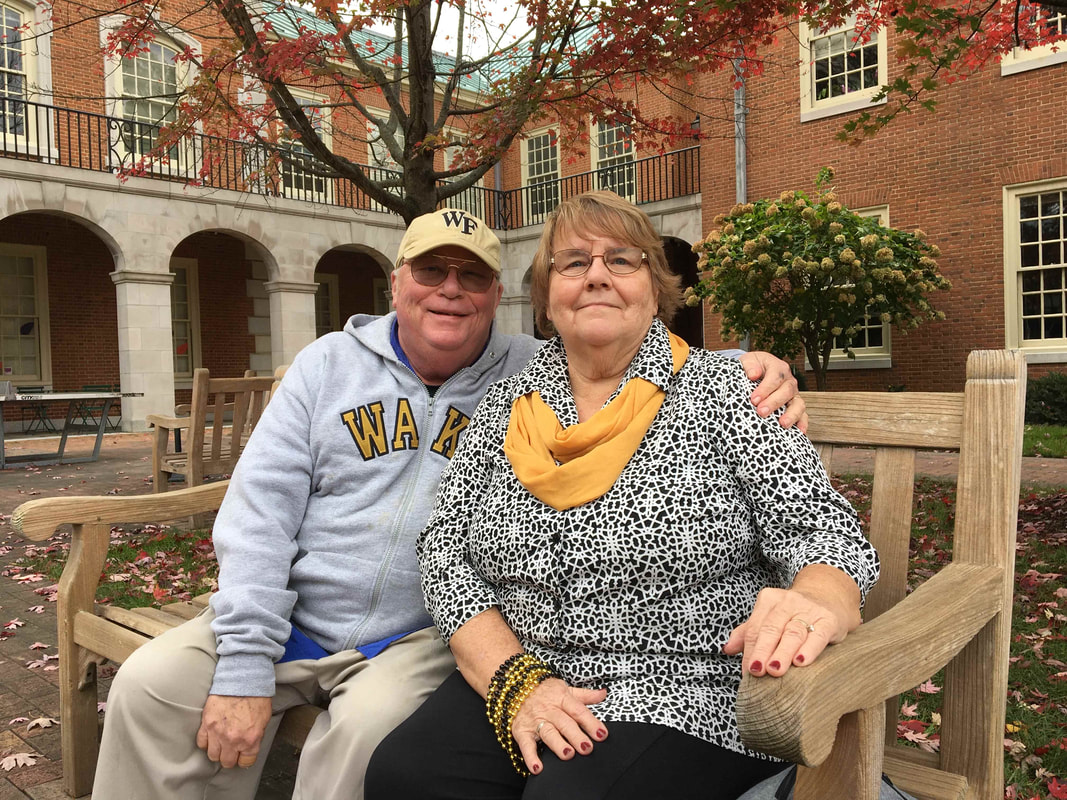

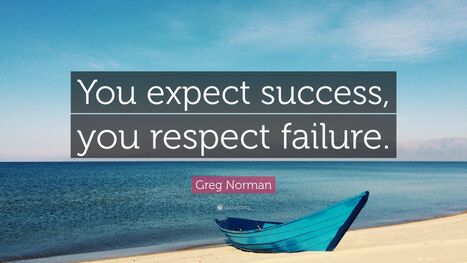
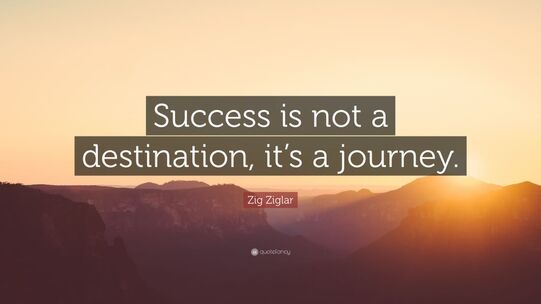







 RSS Feed
RSS Feed